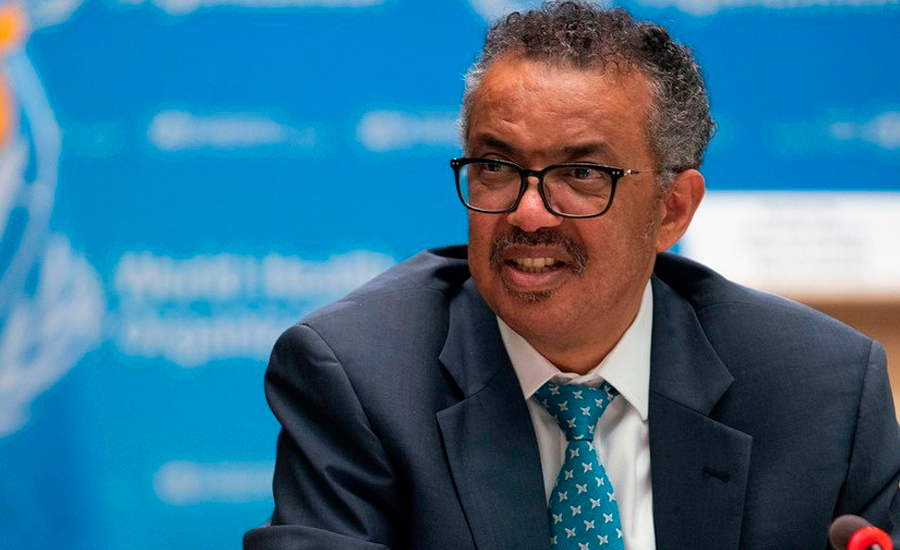The Covid-19 will continue to be a public health emergency of international importance, the Director General of the World Health Organization (WHO), Tedros Adhanom Ghebreyesus, notified in the last few hours, following the decision made by the Emergency Committee that evaluates the evolution of the disease.
The head of the WHO stressed that the current situation is much better now than a year ago when the omicron variant was at its peak, but warned that since the beginning of December reported deaths have increased and that in the last eight weeks more than 170 have died a thousand people
“And that’s just the reported deaths; we know the real number is much higher. We cannot control the virus, but we can do more to address the vulnerabilities of populations and healthcare systems”, he stated.
Among the initiatives planned, Tedros included vaccinating 100% of the highest-risk groups, increasing the scope of testing and early use of antiviral drugs, taking context-specific measures when there is a surge in cases, maintaining and expanding laboratory networks and fight against misinformation.
At the end of a new meeting of the Organization’s Executive Council, Tedros established five health priorities for the next five years:
-promote
-provide
-protect
-empower
-act in favor of health
In this regard, Tedros highlighted some of the achievements made during the year in relation to each of these points
In relation to tobacco use, he indicated that in 2022 the goal of helping 100 million consumers to quit this habit was achieved, but he estimates that there are still 600 million consumers who want to quit and need the agency’s support.
With regard to trans fats, in just four years the number of people protected by the policies recommended by the WHO on their use increased almost fivefold, from 550 million people to 2.6 billion. However, he stated that another 5 billion remain unprotected.
Regarding maternal and neonatal care, breastfeeding as an exclusive form of feeding in children under six months of age increased from 38% to 48% globally in the last 10 years, approaching the goal of reaching 50% in 2025.
He also highlighted direct support for many countries, including the adoption of new road safety legislation in Mexico and the development of a national road safety plan in Thailand, two countries with some of the highest road fatality rates in the world.
The agency also highlighted today that neglected tropical diseases continue to disproportionately affect the poorest members of the global community, primarily in areas where safe water, sanitation and access to healthcare are inadequate.
Coinciding with the celebration of the World Day on this type of illness, the Organization published a new report in which it estimates that some 1.65 billion people worldwide need treatment for at least one neglected tropical disease and that 16 countries represent 80% of the global burden of these diseases.
The report shows that between 2020 and 2021 the number of people who required some type of intervention against neglected tropical diseases decreased by 80 million, and that only in 2022 were eight countries certified or validated to eliminate one of these diseases.
The study underlines the need for greater efforts and investments to correct the delays and accelerate progress towards the objectives set out in the road map of neglected tropical diseases for 2030. (UN-WHO Information).
